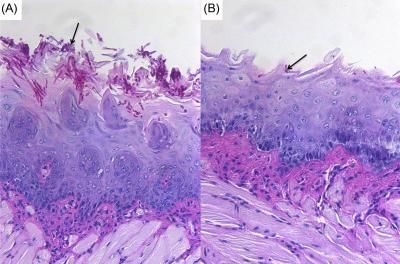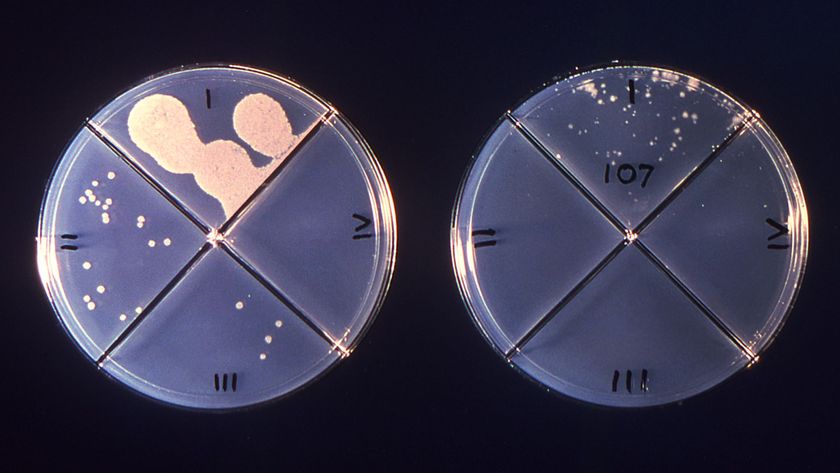Fungus Fight! Weird Treatment Could Defeat Mouth Infection

The competition among the various families of fungi that live in people's mouths may offer a clue to finding new treatment for the oral infection called thrush, according to a new study.
Researchers found differences between the prevalence of fungi in the mouths of people with HIV and people who are not infected with HIV. Moreover, a beneficial kind of fungi that was more abundant in healthy people was able to quell the growth of harmful fungi that was more common in HIV patients.
The findings may point the way to a new treatment for thrush in all people, not only those with HIV, the researchers said. The medical name for thrush is oral candidiasis; an overgrowth of fungi called Candida causes the condition.
"We found that there is a difference in the fungi in the mouth if you are an HIV-infected patient versus non-infected people," said study researcher Mahmoud Ghannoum, a professor at Case Western Reserve University in Cleveland. [Microscopic Worlds Gallery: Fascinating Fungi]
The researchers found that when a fungus called Pichia was prevalent, then Candida was less prevalent, and vice versa. "And, therefore, we thought they must antagonize each other," Ghannoum told Live Science.
In addition, the researchers found that the Pichia fungi were more prevalent in people without HIV, whereas Candida was more abundant in people with HIV.
In contrast to the differences in fungi populations, the researchers found little difference in the bacteria in people who did not have HIV compared with those who did have the virus.
Sign up for the Live Science daily newsletter now
Get the world’s most fascinating discoveries delivered straight to your inbox.
In an experiment conducted on mice that had thrush, the researchers found that a solution full of Pichia fungi halted the growth of Candida.
The use of the Pichia solution worked in the mice even better than the drug nystatin, which is typically used to treat people who have thrush, the researchers said.
"We have the potential of developing a new drug to treat this disease [thrush] and other fungal infections," Ghannoum said.
The new treatment could help people who are prone to developing thrush because their immune system has been compromised — for instance, people with diabetes or cancer, Ghannoum said.
"Our next step is to see whether Pichia itself can be used as a probiotic, or whether compounds that it secretes can be developed into a drug," he said.
Follow Agata Blaszczak-Boxe on Twitter. Follow Live Science @livescience, Facebook & Google+. Original article on Live Science.












